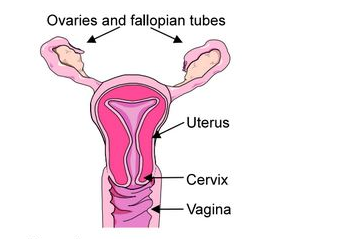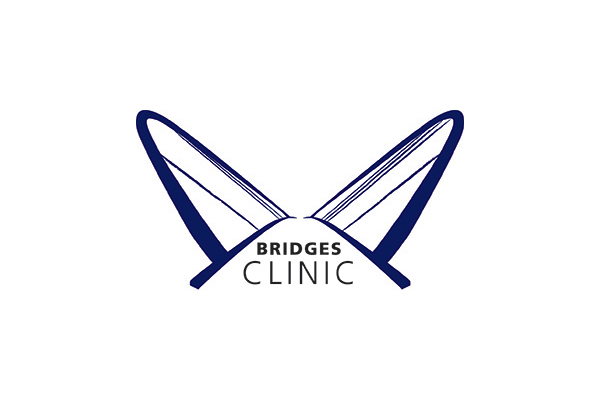A hysterectomy is an operation to remove your womb (uterus). You may be offered a hysterectomy if you have a condition that affects your reproductive system.
A hysterectomy can be done through your vagina, through a cut in your tummy (abdominal hysterectomy), or by keyhole surgery (laparoscopic hysterectomy). Keyhole surgery is when doctors insert a telescope or camera and tiny surgical instruments through small cuts in your tummy to carry out the procedure.

Why do you need a hysterectomy?
Your doctor may recommend you have a hysterectomy if you have cancer of your womb or ovary, or some cancers of the cervix.
You may also be offered a hysterectomy for the following conditions if other treatments, such as medicines and other surgery, haven’t worked.
- Endometriosis – a condition in which cells that usually line your womb grow outside your womb.
- Adenomyosis – a type of endometriosis in which cells that usually line your womb grow in the womb muscle instead.
- Enlarged or painful fibroids – non-cancerous growths of muscle and fibrous tissue in your womb.
- Irregular or heavy menstrual bleeding.
- Uterine prolapse – when your womb drops out of position into your vagina
Types of hysterectomy
There are different types of hysterectomy.
- Total hysterectomy – this involves removing your entire womb and cervix (where your womb opens up into your vagina).
- Subtotal hysterectomy (also known as a partial hysterectomy or supracervical hysterectomy). This involves removing the top part of your womb but leaves your cervix in place. This isn’t carried out as often as total hysterectomy and isn’t usually recommended for cancers affecting your reproductive system.
- Total hysterectomy with salpingo-oophorectomy – this involves removing your fallopian tubes and ovaries in addition to your womb and cervix.
- Radical hysterectomy – this involves removing your womb and cervix, the tissue surrounding your cervix and your pelvic lymph nodes.
Some consultants recommend also having your fallopian tubes removed if you’re having a hysterectomy, as it may help to reduce your risk of developing ovarian cancer in the future. Your surgeon can discuss this further with you.
It’s possible to have all of these types of hysterectomy either through your vagina, through your abdomen or as keyhole (laparoscopic) surgery. The type of hysterectomy your doctor recommends and the method of doing it will depend on a number of factors. These include the reason why you’re having the operation and your personal situation, as well as what type of hysterectomy your doctor has most experience in.
After a hysterectomy, you won’t have any more periods and you won’t able to become pregnant. If your ovaries are also removed, you will go through the menopause. If you have a sub-total hysterectomy (partial hysterectomy), which leaves your cervix in place, you should continue having cervical screening (smear) tests. You won’t need to have smear tests if you have the other types of hysterectomy.
Deciding on hysterectomy
A hysterectomy is a major operation. So, it’s important to discuss with your gynaecologist what will happen before, during and after your operation, and to consider all the pros and cons. You may want to prepare a few questions about the risks and benefits of the procedure, and alternatives to it. This will help you decide whether a hysterectomy is the right choice for you.
Pros
- A hysterectomy may help to improve or get rid of your symptoms. For example, if you have a hysterectomy to remove large fibroids, you may no longer experience pain and heavy bleeding
- Having a hysterectomy means you’ll no longer need to worry about using other forms of contraception, which you may feel to be a benefit
Cons
- You won’t be able to have children after a hysterectomy, which might be important to you. And, depending on the type of the hysterectomy you have, you may go through the menopause
- Some women may feel a sense of loss of their femininity after having a hysterectomy. You may also feel less interested in sex after hysterectomy. On the other hand, some women feel more relaxed about having sex if hysterectomy has improved their symptoms.
- As with all operations, there are some complications associated with having a hysterectomy. These include haemorrhage, infections, blood clots, and a bad reaction to the anaesthetic
